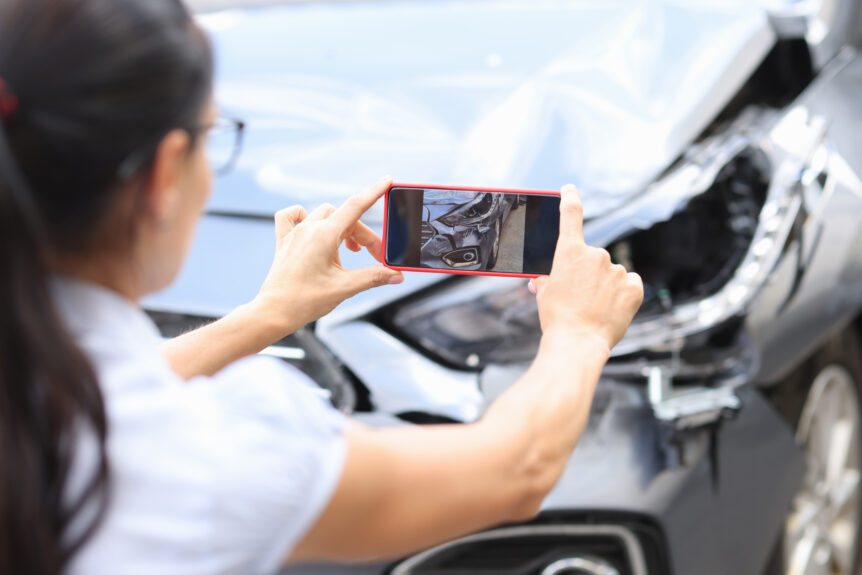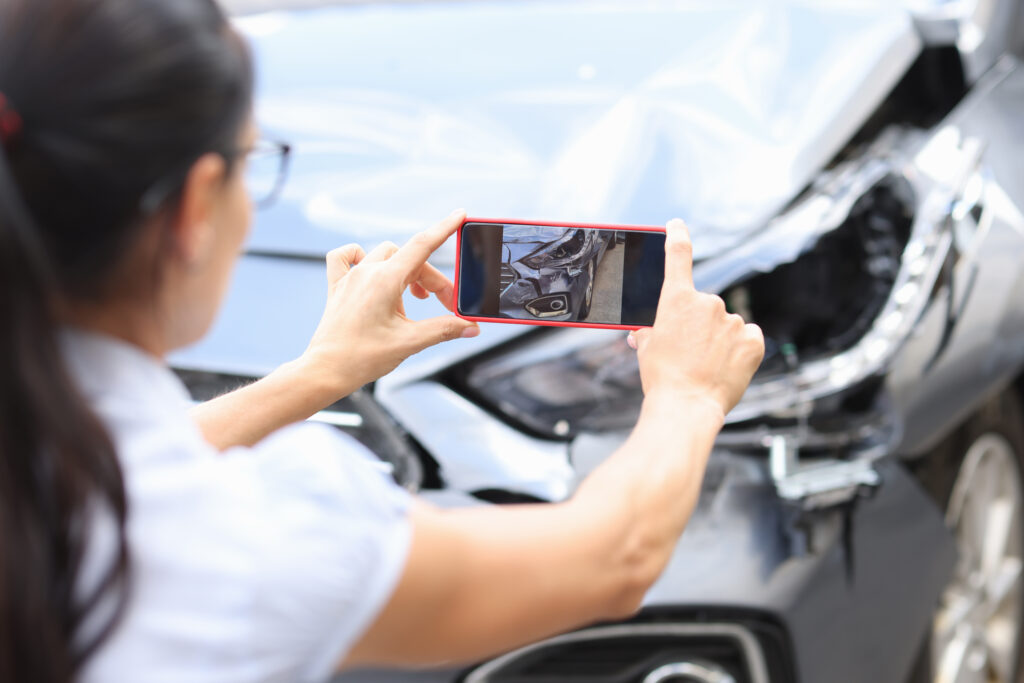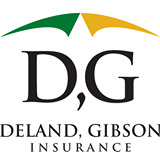February 1st is National Car Insurance Day – a day we’re sure everyone has marked on their calendar. In all seriousness, though, it’s a fitting day to dive into a discussion on car insurance and what to do after you have had a collision. It is easy to discuss the ins and outs of what your car insurance policy covers, but importantly, one needs to know the various steps to take immediately following an accident. So, buckle up, pun intended, and let’s get into this.
You’ve Had a Car Accident, Now What?
Car accidents can be hugely stressful experiences that can leave individuals shaken. To make matters more challenging, amidst all the stress of an accident, one must take several key measures that will directly impact the aftermath of the collision and how easily and effectively your insurance company can process the claim. The following steps are an essential guide to help assist in the wake of an accident.
Prioritize Safety
You’ve had an accident, stress is through the roof, and you are trying to get your bearings. Your top priority should always be the safety of all parties involved. Check on yourself and your passengers first, and immediately ensure everyone is out of harm’s way. If necessary, call emergency services. If there has been an injury, or you are unsure, do not delay.
Call the Local Police Department
Contact the local police department while at the accident site, and they will guide you on the next course of action. The police will respond as necessary, filing an official report for accidents with personal injury or substantial property damage. Even if not obligatory, obtaining an official record of the incident is advisable. Following the incident, be sure to secure a copy of the police report for your records.
Exchange Information
Now that everyone’s safety has been ensured, it is time to get into the critical steps that will make a notable difference in the process. The first step is to exchange information with the other party/ies involved in the accident. Remember you want to exchange:
- Driver licenses
- Vehicle registration
- Insurance and policy information
- Contact information
Document the Scene
Once you have exchanged information, it is essential to document the scene. The good news is that most of us will have a phone with a camera with us. Please take pictures of the accident, including the vehicles involved, their positions, and any damage sustained. If you have had a collision near an intersection, make sure to document this, too. Record the street names, their location, and their surroundings. Finally, document the road conditions and any relevant traffic signs or signals. All this photographic evidence can be invaluable when filing an insurance claim.
Notify Your Insurance Provider
At this point, you have typically left the scene of the accident, but you have gathered all the necessary information. It is time to report the accident to your insurance agent as soon as possible. You will want to provide them with all the information you collected – remember, the more detailed you can be, the better. Your insurance agent will want information on the scene, the other party’s information, the photos you took, any police reports, and any other specifics that help paint a picture of the incident.
Following Up from An Accident
Now that the accident is behind you, it is time to begin working closely with your insurance company to make any necessary repairs, deal with any settlements, and finally get you back on the road.
Speak with your insurance agent and review your insurance policy to understand the coverage you have. This includes liability coverage, which pays for damages you may be responsible for, and collision or comprehensive coverage, which can cover your vehicle’s damages in addition to the other party’s.
Working With Your Claims Adjuster
Once you’ve submitted a claim, an assigned insurance claims adjuster will manage your case. Despite the potential redundancy, be prepared for a thorough examination of the entire incident, during which you’ll be required to furnish all pertinent details to the adjuster. This stage is pivotal, as the adjuster will play a vital role in leading you through the ensuing steps of the process.
Please ensure to forward any costs directly linked to the claim to your designated claims representative. This encompasses expenses such as towing bills, emergency room visits, ambulance bills, and comparable outlays.
Getting Your Car Repaired
When a vehicle sustains damage, and a claim is initiated, the insurance company conducts its own assessment rather than relying on the body shop’s estimate. The appraiser employed by the insurance company is responsible for assigning and approving the estimate and determining whether the vehicle is deemed repairable or declared a total loss. This process is essential for ensuring that repairs are eligible for coverage under the claim.
Negotiating a Total Loss Settlement
You may be offered a settlement after the accident, so carefully review the terms and ensure they cover all damages and expenses related to the accident. If you feel as if something has been left out and you’re not satisfied with the initial offer, feel free to negotiate and discuss it with the claims adjuster.
Wrapping It Up
Getting in a car accident can be incredibly stressful. Still, hopefully, by taking the necessary steps in the aftermath of the incident, your claims process can go as smoothly as possible. Deland, Gibson is here to help in the event of an accident. Find our claim information below.
Deland, Gibson Claim Contacts:
Commercial Lines Claim Specialist:
Claims Email: claims@delandgibson.com
Providing Peace of Mind Through Proactive Service
Deland, Gibson: A Trusted Choice, Five Star Accredited independent insurance agency. Established in Massachusetts in 1900, Deland, Gibson is a 4th generation family-run insurance agency that has thrived working as a trusted advisor for its client base. We work with individuals and businesses to lower their Total Cost of Risk. We analyze a client’s direct and indirect costs and implement risk reduction plans to address areas of business, hazard, or strategic risk.



